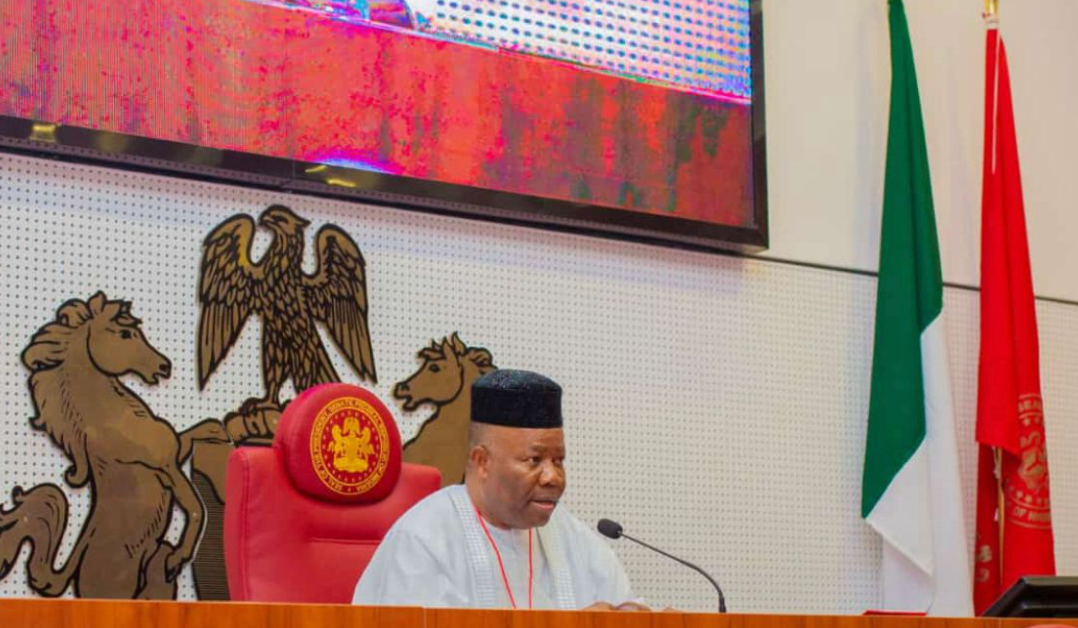ASUP Warns of Strike Over Delayed Salaries


The Academic Staff Union of Polytechnics (ASUP) has criticised the continued and unacceptable delay in salary payments across federal tertiary institutions, stating that the persistent issue has become a major source of distress for thousands of workers throughout the country.
The National President of the union, Shammah Kpanja, accused the Federal Government of subjecting polytechnic employees to prolonged financial difficulties through the continuous delays in salary distribution—a situation that has lasted for the past eight months, warning that members may withdraw their services if the government does not respond promptly.
He said, “Our union may be forced to direct members to stay away from work if the situation does not improve and sustain the same until salaries are paid, while adopting the same pattern at the end of each month going forward.”
“Our union has observed a trend in the delay in payment of staff salaries across federal institutions in the last eight months. This new trend of subjecting staff to the mental torture of enduring indeterminate periods of uncertainty concerning the release of the severely devalued pittance now referred to as salaries coincides with the transition of tertiary institutions from the Integrated Personnel and Payroll Information System (IPPIS) payment platform to the Government Integrated Financial Management Information System (GIFMIS) platform,” Kpanja said.
ASUP placed blame on the Office of the Accountant General of the Federation for the continued delays, stating that the office has failed to guarantee seamless funding for institutions since the transition between the two payroll platforms.
He said members have repeatedly complained to the Office of the Accountant General of the Federation, yet no favourable outcome has been received, leaving workers in hardship at the close of every month.
He described the delays as unjustifiable, noting that both the IPPIS and GIFMIS systems are managed by the same federal agency.
He said, “Eight months is too long a trial period for the transition, and it is only a government that places low value on education that will treat its workers in this manner,” Kpanja lamented.
Beyond the technical challenges of the payroll systems, ASUP said the situation reflects a more profound systemic disregard for the academic workforce.
Describing the delay as an unfair treatment amidst a struggling economy, the union criticised the stark difference between the hardship endured by academic staff and the extravagant lifestyle of Nigeria’s political elite.








